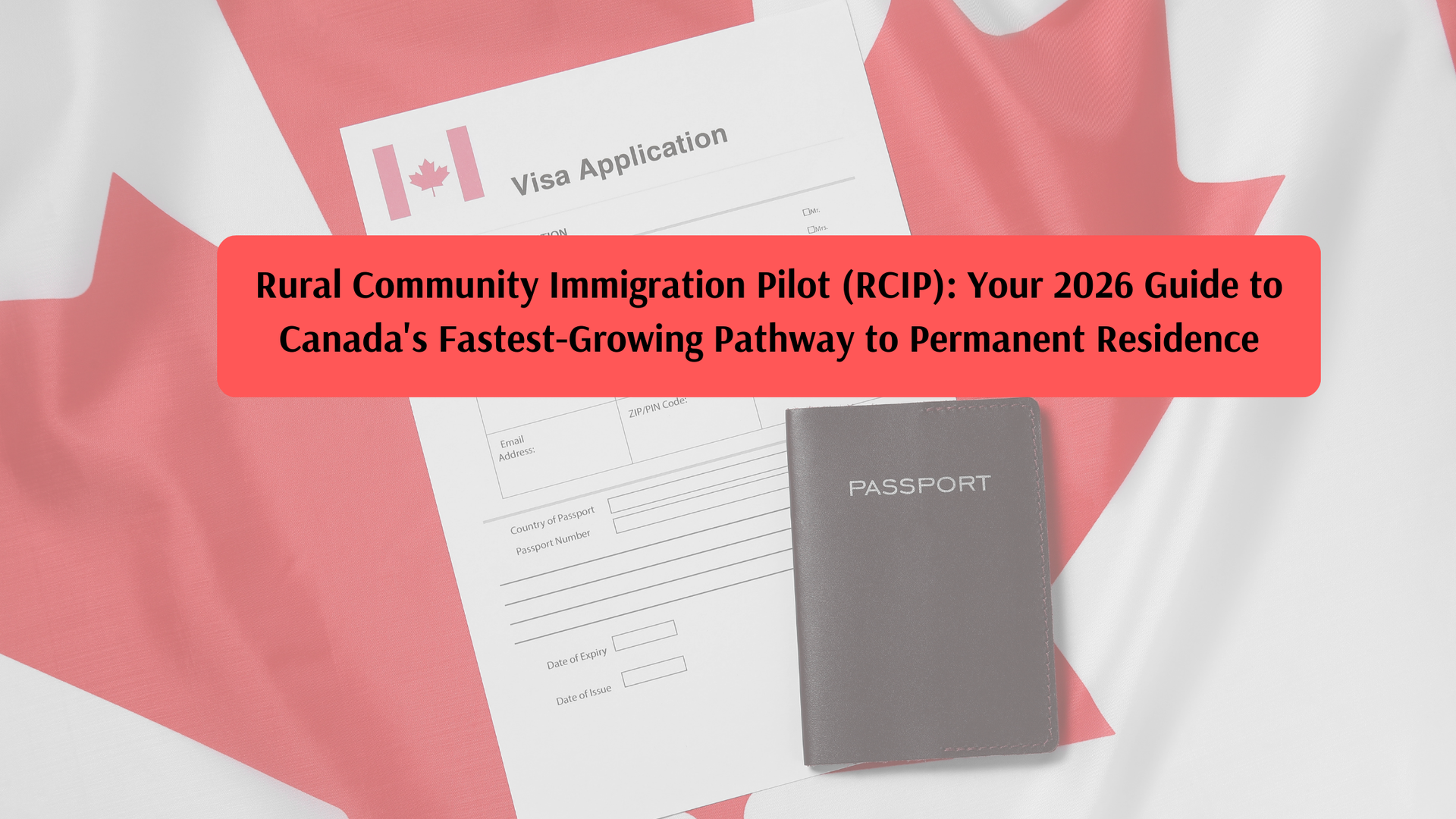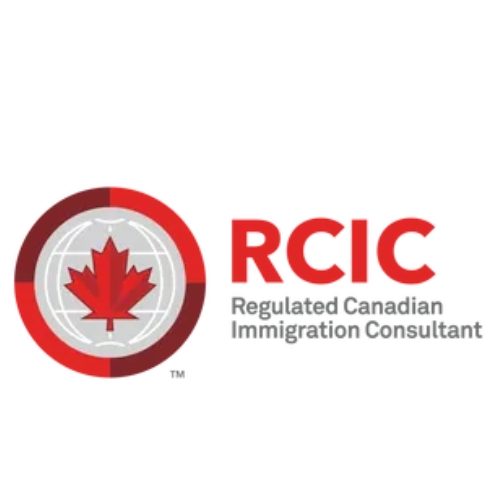Exploring Canada's New FCIC: The Francophone Community Immigration Class and Its Impact

Canada has introduced the Francophone Community Immigration Class (FCIC) to bolster the presence of French-speaking individuals in communities outside Quebec. This initiative aims to strengthen Francophone minority communities across the country by attracting and retaining French-speaking immigrants.
Overview of the Francophone Community Immigration Class
The FCIC is designed to facilitate the immigration of French-speaking individuals who have the potential to economically establish themselves in designated communities outside Quebec. Applicants must demonstrate their ability to integrate into the local economy and society, thereby contributing to the vitality of these communities.
Eligibility Criteria
To qualify for the FCIC, applicants must meet several key requirements:
- Language Proficiency: Applicants must exhibit advanced proficiency in French, achieving a minimum Canadian Language Benchmark (CLB) or Niveaux de compétence linguistique canadiens (NCLC) level 5 in each of the four language skills: reading, writing, speaking, and listening.
- Work Experience: A minimum of one year of continuous work experience within the past three years in a recognized TEER (Training, Education, Experience, and Responsibilities) occupation is required. The experience must align with the main duties outlined in the National Occupational Classification (NOC) for the specific occupation.
- Educational Requirements: Applicants must possess a Canadian secondary or post-secondary educational credential, or obtain an Educational Credential Assessment (ECA) for any foreign credentials, confirming equivalency to Canadian education standards.
- Employment Offer: A genuine offer of employment from a designated employer in a priority occupation within a designated community is essential. The offer must meet specific criteria, including being consistent with the employer's reasonable employment needs and offering a wage above or within the range set by the Job Bank of the Canada Employment Insurance Commission.
- Intention to Reside: Applicants must express a clear intention to reside in the designated community where the employment offer is located.
Designated Communities and Employers
The FCIC focuses on designated communities outside Quebec that have a Francophone minority population. Each community has an Economic Development Organization (EDO) responsible for managing the program locally. These organizations establish lists of priority occupations and designate employers who meet specific criteria, including a commitment to supporting the settlement of applicants and their families.
Application Process
The application process for the FCIC involves several steps:
- Obtain a Certificate of Recommendation: Applicants must secure a valid Certificate of Recommendation from the designated community’s Economic Development Organization. This certificate confirms the applicant’s job offer and community connection and remains valid for six months after issuance.
- Submit Application: With the certificate, applicants can submit their application for permanent residence to Immigration, Refugees and Citizenship Canada (IRCC).
- Maintain Temporary Resident Status: If applying from within Canada, applicants must have valid temporary resident status at the time of application and maintain it until permanent resident status is granted.
Benefits of the FCIC
The FCIC offers several advantages:
- Support for Designated Communities: By attracting French-speaking immigrants, the FCIC helps revitalize and sustain Francophone communities outside Quebec.
- Economic Contributions: Newcomers contribute to the local economy through their skills, labor, and consumption, fostering economic growth.
- Cultural Enrichment: The program enhances the cultural diversity of communities, promoting bilingualism and multiculturalism.
Conclusion
The introduction of the Francophone Community Immigration Class represents a significant step toward strengthening the presence of French-speaking individuals in communities outside Quebec. By providing a structured pathway for French-speaking immigrants, Canada aims to support the growth and vitality of its Francophone minority communities, ensuring their continued contribution to the nation's social and economic fabric.








